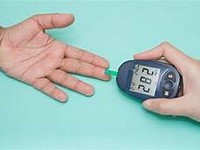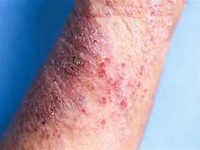
BURNS
FOODS THAT HARM
FOODS THAT HEAL
Second-and third-degree burns that cause blistering and tissue damage are very serious; they have a high risk of becoming infected by germs that enter the body through the damaged skin
Burn victims also require extra fluids, sodium, and potassium to replace those substances that seep out through damaged skin
If this is not done, there is a danger of dehydration
Nutrition Connection
To promote healing and tissue repair, it is essential for victims of extensive burns to have a well- balanced diet that provides extra calories, protein, vitamins, and mineralsHere’s how: Seek foods for tissue repair
A diet that provides extra calories, protein, and zinc is needed for tissue repair
Zinc is found in seafood, meat, and poultry and in lesser amounts in eggs, milk, beans, nuts, and whole grains
Zinc is essential for wound healing and also bolsters the body’s immune defenses to fight infection
Boost skin health
Fruits and vegetables that contain vitamin C, such as citrus fruits and melons may help maintain healthy skin and ward off infection
Often liquid supplements are necessary to maintain a high-calorie intake during the day
Stay hydrated
Noncaffeinated and nonalcoholic beverages help replace lost fluids
Most people need at least 4 to 6 glasses of water a day to stay properly hydrated
Avoid caffeinated beverages and alcohol
Caffeinated beverages have a diuretic effect that accelerates fluid loss
Alcohol dehydrates the body and lowers immunity
Beyond the Diet
Depending on the severity of the burn, the needs of the person will varyVictims hospitalized with extensive burns are usually given intravenous fluids and antibiotics
If they are unable to eat, they will also be fed intravenously
Importance of well balance diet




